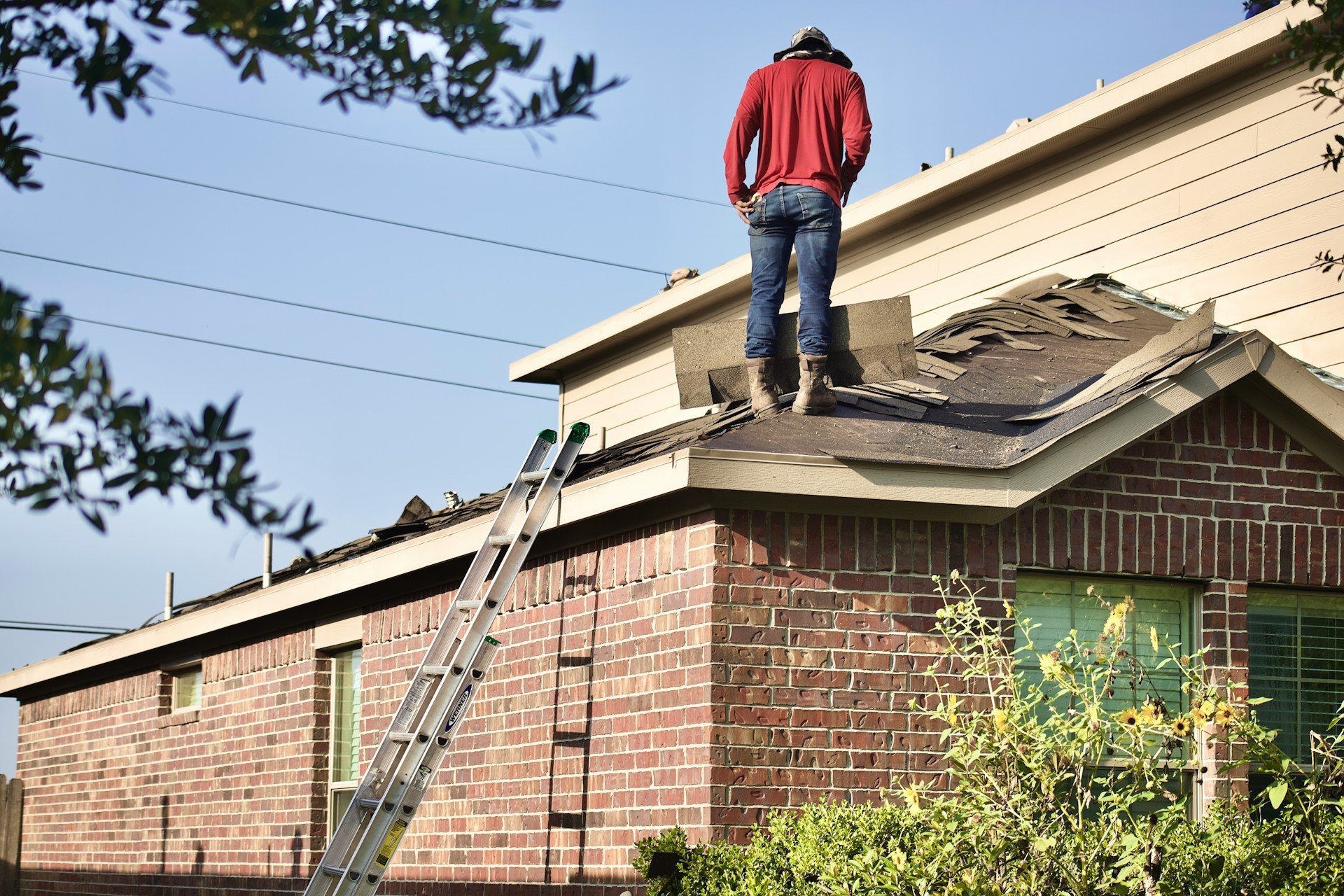Preventing Problems in Parts of Your Home you Can't Perceive
Home is often described as a sanctuary, a place where you can truly feel at home. However, there is a lot of work behind the scenes to maintain that sense of safety and security we associate with our living spaces. What many homeowners don’t realize is that some of the most critical systems in their homes—like electrical wiring, plumbing, and insulation—are not immediately visible and, therefore, often neglected. Here, we'll explore how to safeguard these crucial, yet often unseen components of your home to prevent potential disasters and ensure a long life for your living space.
Electrical Wiring - The Veins of Your Home
Electrical wiring is the unsung hero of your house infrastructure. More often than not, it goes unnoticed until something goes wrong. Home electrical fires account for hundreds of burn injuries and deaths each year, especially in older homes where wiring may be out of date.
Regular Inspection
Regular checks can detect issues before they become a hazard. You should look out for: flickering lights, warm outlets or switches, buzzing sounds, or the smell of burning. If you encounter any of these, it’s time to call a professional.
Preventative Measures
Avoid overloading circuits and extension cords, which can cause overheating. Always follow the manufacturer's recommendations. Use ground-fault circuit interrupters (GFCIs) in areas where water and electricity might be close together, like bathrooms and kitchens.
Plumbing - Keeping the Flow Smooth
Plumbing is another fundamental system that can quietly cause significant problems. A minor leak today can lead to mold, mildew, and rot, which are not just issues for your home but can also pose health risks to your family.
Regular Checks
Inspect your water heater for leaks and look under sinks for signs of moisture. Dripping faucets need to be fixed promptly to prevent water usage costs from skyrocketing.
Preventative Maintenance
Regular, effective drain cleaning, checking your water pressure, and making sure everyone in your household knows how to turn off the water supply in case of an emergency can save you a lot of hassle in the long run.
Insulation - The Comfort Maker
A properly insulated home can mean the difference between a cozy winter or a frigid one. Insulation also plays a role in energy efficiency and can help you save on heating and cooling bills.
Signs of Trouble
A sudden spike in energy bills can be a sign that your insulation isn’t performing as it should. Drafty rooms and varying temperatures throughout your home are other indicators.
DIY Solutions
Caulking and weatherstripping are cost-effective measures to improve the insulation around windows and doors. These are relatively simple DIY tasks that can make a big difference in the comfort and efficiency of your home.
Roof - The Guardian Above
Your roof is the first defense against the elements. But without regular checks, you could be facing costly damage from leaks, mold, and poor ventilation.
Routine Inspections
You don’t need to climb up a ladder every week, but you should keep an eye out for broken or missing shingles from the ground, or any other signs that you might need emergency roof repair.
Professional Tune-ups
Have a professional inspect your roof at least every three years. They can identify potential problems before they escalate and recommend necessary repairs.
Foundation - The Bedrock
The foundation is quite literally the foundation of your home. It supports the weight of the entire structure, so any movement or damage can have severe consequences for your home’s structural integrity.
Warning Signs
Do you have doors that stick or don’t latch? Are there noticeable cracks in interior walls? Both these can be signs of foundation problems.
Necessary Repairs
If you notice these signs, you should consult with a foundation specialist immediately. It could be as simple as repairing a crack or something more complex like installing piers to stabilize your foundation.
While this guide touches on the critical areas of home maintenance, it's important to approach each aspect with diligence and caution. Preventing problems in parts of your home you can't perceive is not just about regular inspections and timely repairs; it's also about being alert and responsive to changes in your home environment. By being proactive and seeking professional help when needed, you can ensure that your home remains the safe haven you've always intended it to be.


